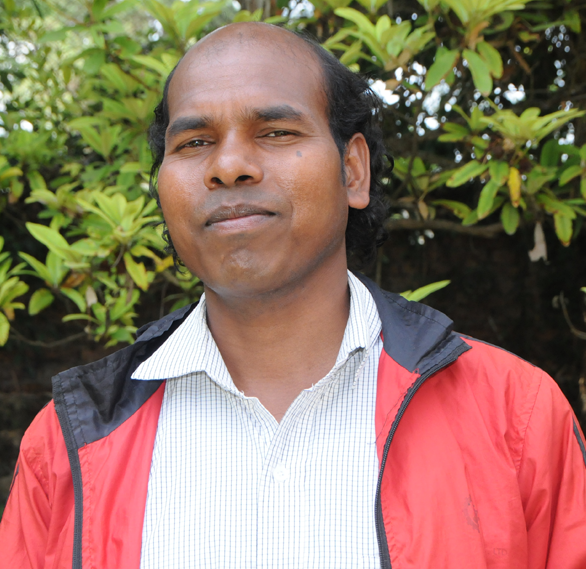By Fr. Ayar Kujur, S.J.

Towards the end of March news flashed across our TV screen here in Tipling that a mysterious and deadly virus had originated across the border, the Tibet-China border, and our Tipling border!! That definitely grabbed our attention. The virus was so contagious, deadly and new that the Chinese had quarantined a whole city there to contain it. They could do that being a totalitarian dictatorship. But could we here do that given our free and easy-going ways?
As the news poured in we learned that the virus was spreading throughout the world. Countries everywhere were taking steps to contain its spread. Medical experts learned that the virus was chiefly an airborne virus, could survive on surfaces for hours and affected the ability to breathe. This last item was not good news, especially for people living at higher altitudes. Such as Tipling for example! Experts advised continual washing of hands, sanitizing them and other public surfaces, social distancing, covering coughs and wearing masks. They also advised groups and gatherings be very limited. As a result governments were forced to issue laws closing schools, places of worship, shopping centers, restaurants and sports venues etc. The worst news of all was that people could be ‘asymptomatic’: carrying, and spreading the virus, without having any symptoms of the virus themselves. Many people, especially in urban areas were forced to work or study at home. Shop keepers and service people in quarantine lost income. Domestic incomes fell dramatically. People actually began to experience hunger even in the developed countries and governments had to dole out free money to keep them from starving.
Tipling is a naturally quarantined world, geophysically, culturally and by occupation. To quote an old friend, an anthropologist who lived and researched in Tipling, “Tipling is an especially interesting case for study. The village lies at an extremely rugged corner of the Himalaya and holds a number of traits in common with mountain populations throughout the world. In these marginal or extreme environments, the range of solutions to problems of survival is relatively narrow compared to that of more generous environments.” [Thomas E. Fricke, HIMALAYAN HOUSEHOLDS, p.20] So it is no wonder that despite twice daily announcements over our community loudspeaker our Tipling villagers seem unmoved by the threat of this invisible enemy. One villager in fact told us that “…if that thing comes here I’ll kill it with my kukuri.”
And with that life, and death, go on according to the old order of things. Firewood is gathered, crops are planted, tended, harvested, cooked and eaten. Stones are gathered and houses are built. Cattle are grazed in the higher reaches. Festivals are celebrated. Preparations for Dassien have already begun. Schools are closed and the students thus liberated (re)discover the joys and sorrows of the ‘survival strategies’ their elders have put in place over the generations ‘in this rugged corner of the Himalaya’ and throughout the mountain villages of Himalayan Nepal.
Pastorally, in the other sense, we Fathers, in the other sense, continue with informal home visits, blessings of homes, our daily SJ community Mass and crisis counseling. The lockdown has seen six deaths, natural and also tragic (three suicides and the sad death of one of our students by accidental electrocution – the dark side of material progress.) Positively, the days of lockdown have freed up time to read, pray, reflect and write and for maintenance on many levels.
The score at this point of the game has Tipling ahead, virus zero.
For the time being. Be well All.
Fr. Ayar Kujur is pastoral in-charge of Good Shepherd Parish, Tipling

